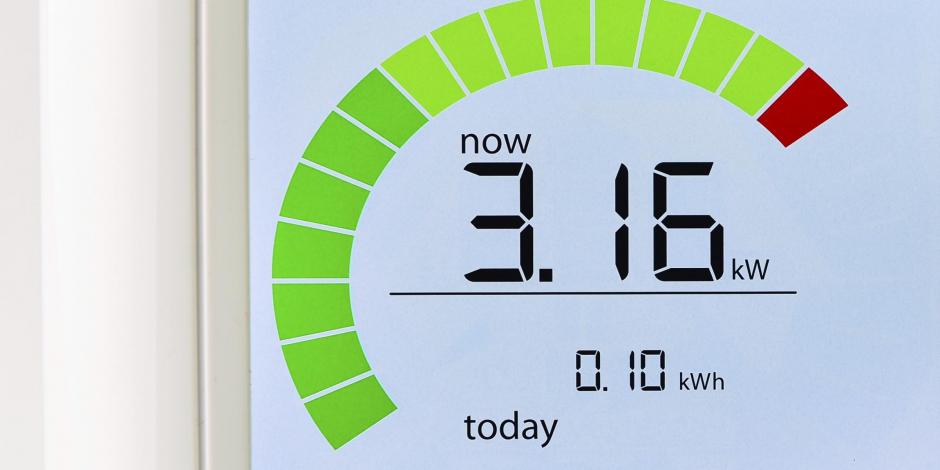- Homebuyers
- Home Owners
- Home Performance
- Rental Housing
- Housing Development
- Community Programs

Knowledge is power, especially when it comes to energy use. Is your monthly electric bill mysterious to you, sometimes being much higher than you expect without a clear reason? Do you know how much you pay to run the dishwasher or watch the game on your television?
If you want to save money on your electricity bills, help the planet, and make your home more energy efficient, start out by learning how electricity is used throughout your home. Energy monitors provide essential information to help pinpoint wasted energy, without sacrificing comfort or your lifestyle.
Energy monitors can, in fact, lead to a nearly instant 20% reduction in energy use, taking a big chunk out of your electricity bills. Many energy monitoring systems will pay for themselves over time in energy savings.
How Monitoring Systems Work
Energy monitoring systems typically provide both realtime and historic data on electricity use throughout your Nashville-area home, including lighting and appliances, and sometimes the associated energy cost and greenhouse gas emissions. This hard data on energy consumption empowers people to change wasteful behavior.
How Energy Monitoring Systems Are Installed
There are numerous different products on the market in mid-Tennessee that measure electricity use throughout your home and they work in different ways. Some have a sensor unit that attaches on the outside of your electric meter, while others connect inside your breaker panel or communicate with a smart meter.
Viewing Energy Use Data
Many systems collect, analyse and store your energy use, but this information is viewed in different ways, depending on the monitoring system. Some systems have a wired or wireless display of the real-time electricity use data, while others use apps and web-based programs that can be viewed remotely. Imagine: you can actually check your home energy use from work or while on vacation!
Making Energy-Saving Decisions
Why do energy monitoring systems typically result in decreased home energy use? They enable mid-Tennessee residents to make informed choices about energy use.
For example:
If it costs $.45 cents more per load to wash your cloths in hot water than cold water, you may opt for cold water.
If you realized that your older refrigerator is an energy hog and that there are far more efficient models on the market, you may choose to replace it.
If your cooling system or dehumidifier are racking up high electric bills, a timer system may reduce energy use without compromising comfort.
